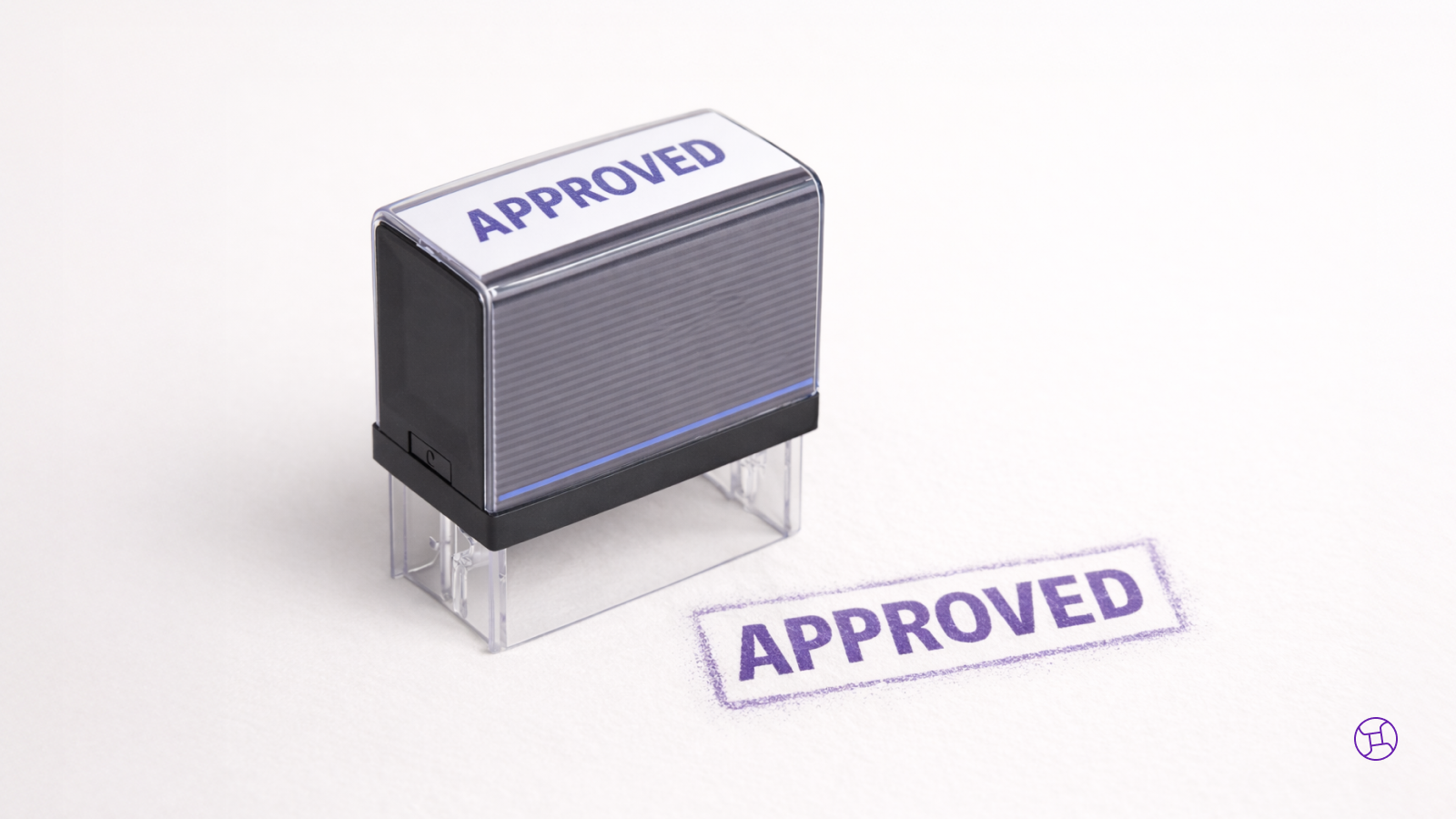Everyone deserves meaningful employment if they want it. There’s also no doubt that having a diverse workforce that includes people with disability has many benefits for both businesses and employees.
The move to hybrid and remote work due to the pandemic has been positive for people with disability, however, there is a lot more that needs to be done to create and maintain inclusive workplaces.
From employee representation to accessibility, this article looks at 5 things we can learn from employers leading the way in disability inclusion. We can’t wait to see more positive work done in this space in the years to come.
1. Listen to employees
Disability inclusion starts with listening to people with lived experience of disability. Employers can do this in lots of ways, such as by having ‘listening sessions’ with people with lived experience, engaging a disability inclusion consultant or employee peer support networks.
An example of this is Bupa’s employee peer support network, called the Access and Inclusion Network, which provides employees with an avenue for connection and support. Bupa also conducts in-depth listening and action groups to support their employees with disability.
2. Hire and include people with disability
Actively hiring and including people with disability is so important in creating an inclusive workplace. The Field was created to connect people with disability with organisations that want to hire more inclusively.
69% of The Field’s team have disability or lived experience with disability (and they’re looking to continue growing that number). They also acknowledge the importance of working with disability inclusion consultants, Get Skilled Access, in creating and running The Field. Their belief that everyone deserves the right to meaningful employment drives everything they do, and we can’t wait to see how they change the game of inclusive employment in Australia.
3. Work with a disability employment service
Disability employment services help employers to recruit and retain employees with disability and health needs. They can support employers in helping employees manage their disability in the workplace, as well as providing information about workplace modifications, assistive technologies and disability awareness training.
House Made Hospitality, which runs quite a few Sydney restaurants, has been taking some great strides in its mission to create an inclusive workplace. To work out how to go about employing more people with disability, they worked with Omnia Inclusive, a disability recruitment agency. Throughout this process, they’ve learnt a few key things about creating an inclusive workplace, such as getting to know new employees and their strengths at the beginning and taking more time in the onboarding and induction process.
4. Offer workplace modifications and adjustments
Under the Disability Discrimination Act, employers have a responsibility to make reasonable adjustments to the workplace so employees with disability can do their job well. As mentioned before, disability employment services can be really helpful in providing advice on workplace adjustments.
The Australian Government’s Employment Assistance Fund (EAF) gives financial help to cover the costs of workplace adjustments, and can conduct free workplace assessments to determine modification needs.
At Provider Choice, we ask questions during the hiring process to make sure interviews are comfortable and accessible, for example, digital-only interviews for assistive technology. We also ensure all company activities and meetings are accessible and take a remote-first approach to work. When a candidate is offered a role, we make sure we discuss what they need, whether that be specific technology, different working hours or flexible working arrangements.
5. Provide disability awareness and inclusion training programs
Disability awareness and inclusion training programs help employees understand the experiences and needs of people with disability. The Australian Network on Disability provides lots of learning solutions, such as disability confidence training.
As part of ANZ’s Accessibility and Inclusion Plan, they have prioritised building the disability confidence and competence of their employees through a disability awareness campaign and disability confidence e-learning for people leaders.
There are lots of things that employers can do to create and maintain inclusive workplaces for people with disability. Prioritising disability and empowerment in the workplace will help contribute to a more equitable and inclusive society and we are hopeful that more and more employers will work toward this future.

Beyond the Label is a blog series that explores the real experiences and stories of the disability community in Australia. From dating and relationships to friendships, family, work, and caring for someone with a disability, we're covering it all. You can see more Beyond the Label stories here.
If you or a family member have a story to share, we’d love to hear from you. Feel free to reach out to our friendly team at hello@providerchoice.com.au

If you need support managing your NDIS plan, or questions about your NDIS Journey, we’re here to help. Click here for more information about our Plan Management services or get in touch with our team here.



